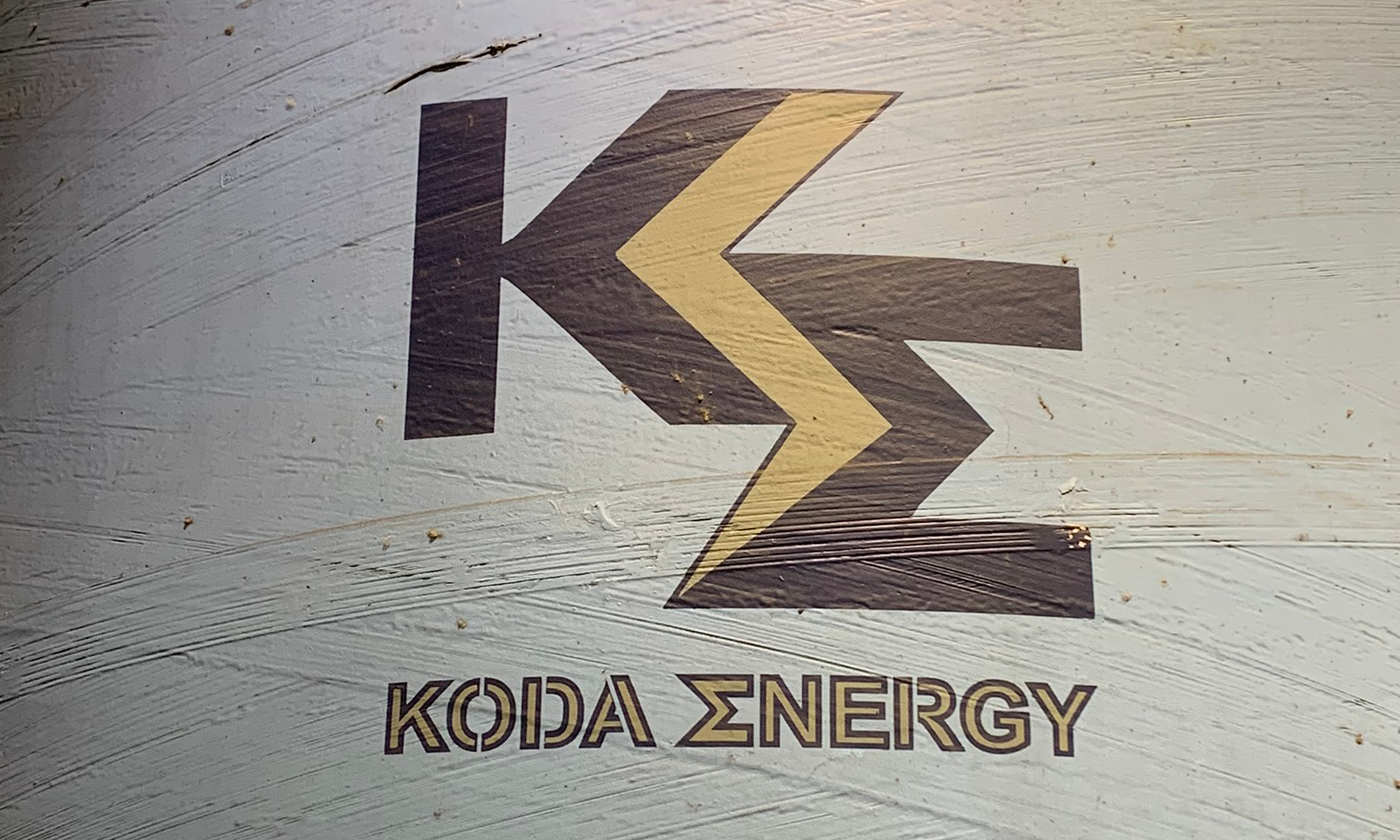
April 26, 2023
Minnesota Bioeconomy Incentive profile: Koda Energy converts waste to heat, power
Small and large businesses across rural Minnesota contribute to the state’s bioeconomy, providing jobs and economic activity in the communities they serve—a primary goal of the Minnesota Bioincentive Program. With…
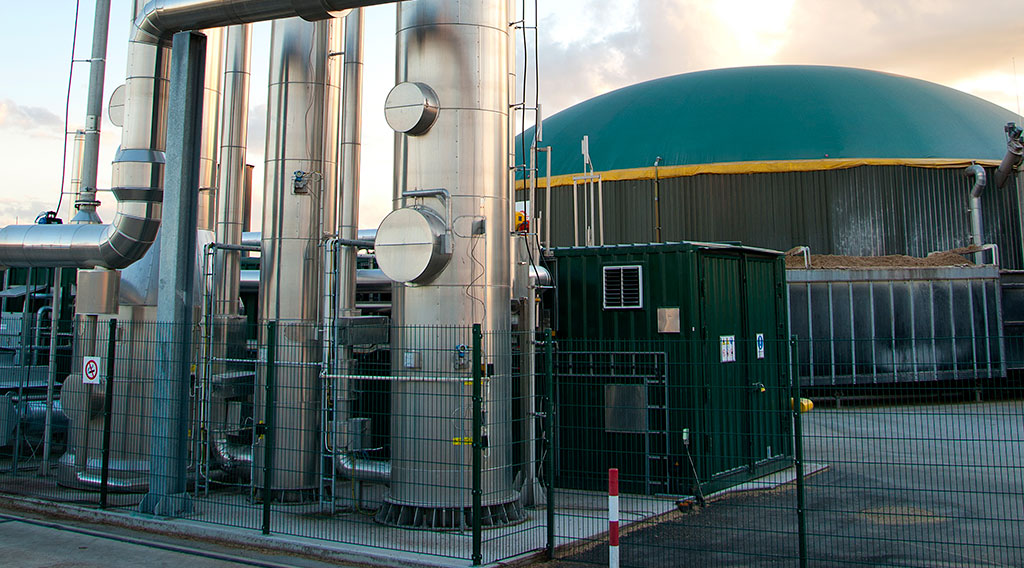
March 27, 2023
Minnesota’s Bioeconomy Incentive profile: Amp Americas converts dairy waste to renewable natural gas
As the 2023 legislative session approaches, the Bioeconomy Coalition of Minnesota continues its effort to help stakeholders understand the importance and potential of the Minnesota Bioincentive Program. The potential…
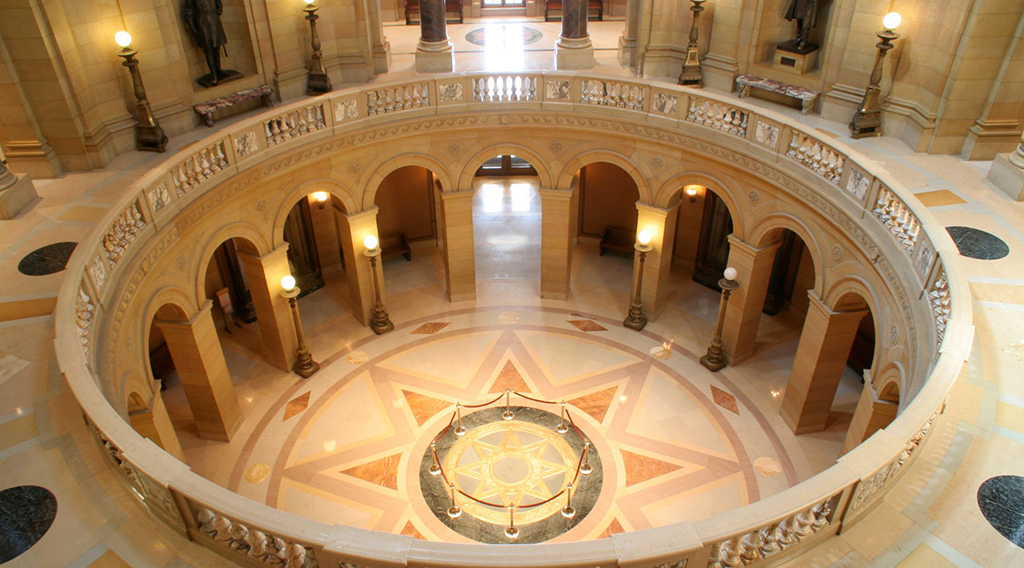
February 10, 2023
Bioeconomy Coalition of Minnesota Announces Legislative Priorities for 2023
Minnesota’s 2023 legislative session began on January 3. Over the next few months, the Bioeconomy Coalition of Minnesota will advocate for policy changes to grow Minnesota’s bioeconomy and position…

August 16, 2022
Inflation Reduction Act Invests in the Bioeconomy
On Tuesday, August 16, President Biden signed the Inflation Reduction Act of 2022 into law. The act provides almost $370 billion in federal funding for climate and energy investments,…
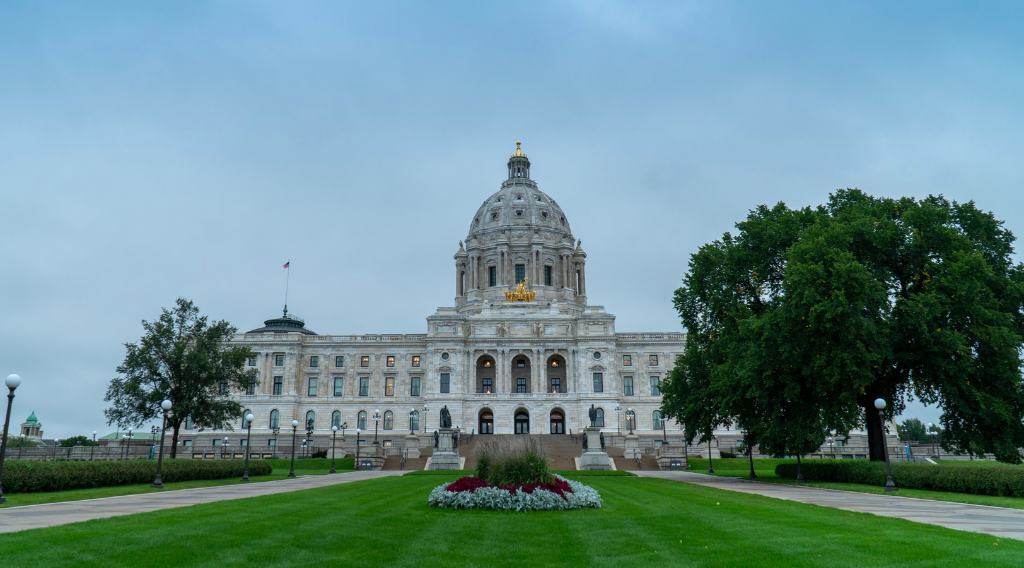
June 21, 2022
Bioeconomy Coalition 2022 Legislative Session Recap
Minnesota’s 2022 legislative session adjourned on Monday, May 23. Legislators spent the session’s final weeks trying to work out the differences between House and Senate bills. Although much was left…
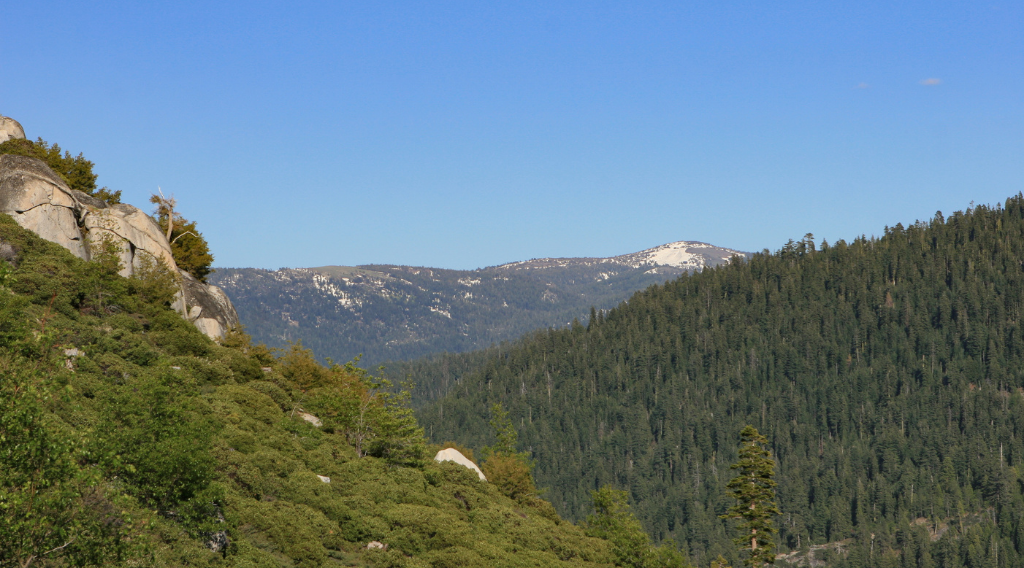
February 3, 2022
What We’re Reading: Innovative Wood Use can Enable Carbon-Beneficial Forest Management in California
This blog originally appeared on the Great Plains Institute’s (facilitator of the Bioeconomy Coalition of Minnesota) website. Advancing biofuels and emerging forestry market opportunities are two priorities…

January 12, 2022
Minnesota Legislative Priorities for the Bioeconomy in 2022
Minnesota’s next legislative session is fast approaching, with legislators set to reconvene—whether in person or remotely—on January 31. The Bioeconomy Coalition of Minnesota is gearing up for the upcoming session…
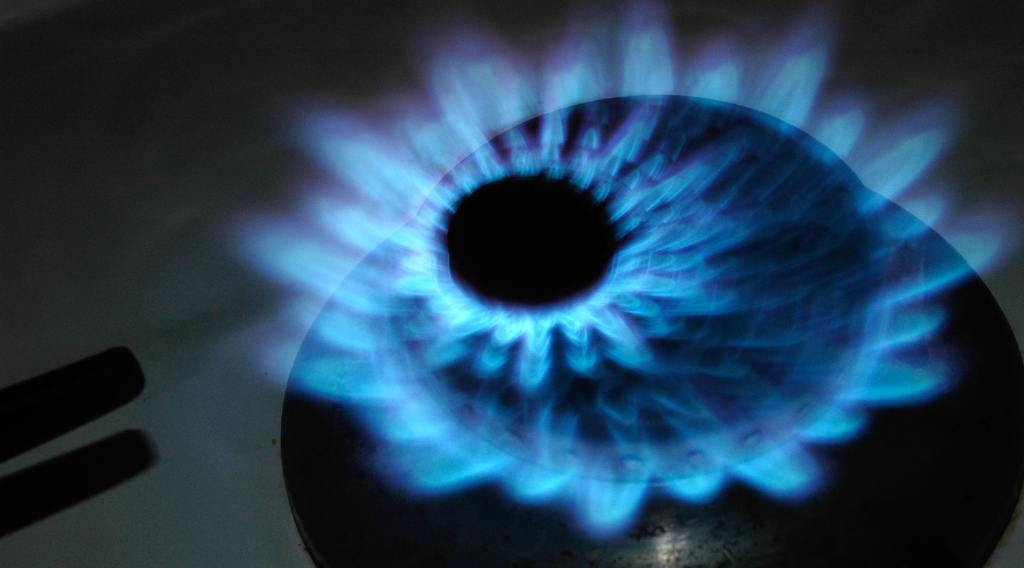
December 21, 2021
Takeaways and Policy Recommendations for Renewable Natural Gas Produced from Anaerobic Digestion
Throughout the previous posts in our series on renewable natural gas (RNG) produced from anaerobic digestion (AD), we explored opportunities and challenges for the technologies. This post concludes the series by examining the policy framework for RNG produced from AD in Minnesota and recommending potential next steps.
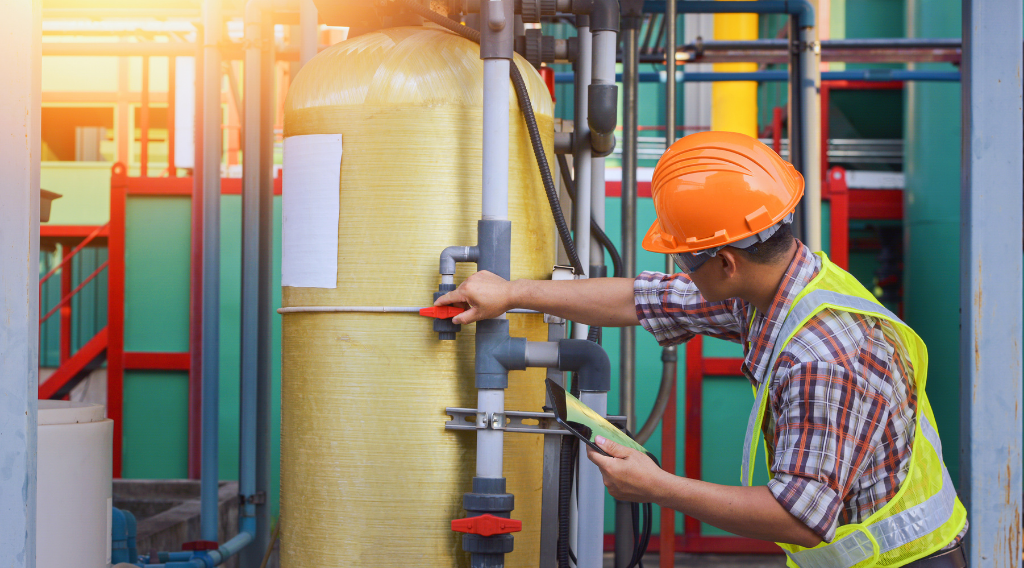
December 17, 2021
Q&A: Fresh Energy Weighs in on Renewable Natural Gas from Anaerobic Digestion
In our continuing quest to gather perspectives on renewable natural gas (RNG) from anaerobic digestion and the role it plays in decarbonizing transportation, we interviewed Fresh Energy’s Joe Dammel, who weighed in on the challenges and opportunities associated with this technology. Dammel is the director of Gas Decarbonization and Energy Transition at Fresh Energy and a previous staff attorney at the Minnesota Pollution Control Agency. He holds a bachelor of science in environmental engineering, a law degree, and a master of science in science, technology, and environmental policy.
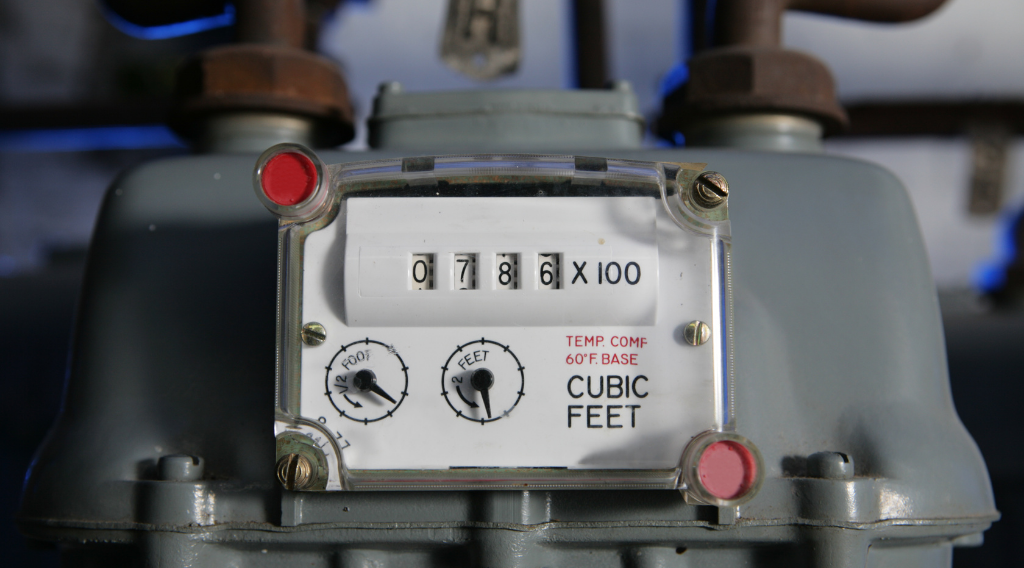
October 20, 2021
Coalition for Renewable Natural Gas Shares Perspective on RNG from Anaerobic Digestion
We recently reached out to Sam Wade, the director of public policy at The Coalition for Renewable Natural Gas, to learn more about the opportunities and challenges associated with renewable…
